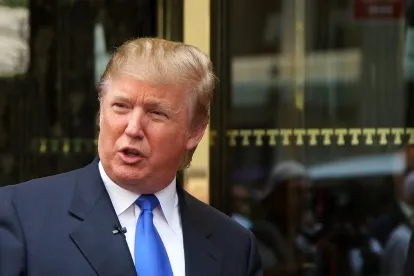President Donald Trump signaled an ideological shift in the U.S. Equal Employment Opportunity Commission and National Labor Relations Board, through two new appointments, during his first week in office. President Trump appointed Republicans Victoria Lipnic, and Philip A. Miscimarra, as acting chairpersons for the EEOC and NLRB, respectively. Both Lipnic and Miscimarra appear disposed to pursue more business-friendly labor policies than their Democratic predecessors.
Appointed by the Obama administration, Lipnic served as a commissioner at the EEOC since 2010. As previously discussed here, last September the Democrat controlled EEOC finalized a controversial regulation that requires all businesses with 100 or more workers to submit pay data by gender, race and ethnicity on their employer information form. Lipnic has spoken out publicly against the new regulation, and may push the EEOC to better balance its anti-discrimination goals, with the resulting regulatory burden placed on employers.
Currently the sole Republican on the NLRB’s five-member board, Miscimarra has routinely clashed with the board’s Democratic-party members. He was a loud critic against the board’s 2011 Specialty Healthcare decision, which allowed workers to more easily organize into narrower units called “micro units.” He also opposed the board’s 2015 Browning-Ferris Industries ruling, which loosened the test for evaluating joint employer liability for labor violations – a decision currently on appeal before the D.C. Circuit, previously discussed here. Finally, Miscimarra criticized the board’s 2012 D.R. Horton ruling, which made illegal employer agreements requiring workers to waive their rights to sue as a class.
Lipnic and Miscimarra both worked as management-side attorneys before entering government service. In addition, Lipnic previously served as assistant secretary of labor for employment standards under the administration of President George W. Bush.
Long dominated by Democratic-party members, the Trump administration will soon have the opportunity to fill vacancies at the EEOC and NLRB, and make a Republican controlled commission and board. After this transformation is complete, employers are likely to see a more business-friendly shift in the policies and regulations promulgated by these two organizations.



 />i
/>i

